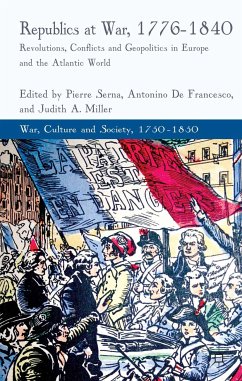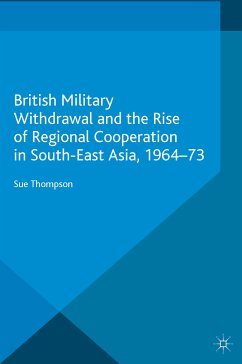Western interventions today have much in common with the countless violent conflicts that have occurred on Europe's periphery since the conquest of the Americas in the sixteenth century. Like their predecessors, modern imperial wars are shaped especially by spatial features and by pronounced asymmetries of military organisation, resources, modes of warfare and cultures of violence between the respective parties. Today's imperial wars are essentially civil wars, in which Western powers are only one player among many. As ever, the Western military machine is proving incapable of resolving political strife through force, or of engaging opponents with no reason to offer conventional combat, who instead rely on guerrilla warfare and terrorism. And, as they always have, local populations pay the price for these shortcomings. Colonial Violence aims to offer, for the first time, a coherent explanation of the logic of violent hostilities within the context of European expansion. Walter's analysis reveals parallels between different empires and continuities spanning historical epochs. He concludes that recent Western military interventions, from Afghanistan to Mali, are not new wars, but stand in the 500-year-old tradition of transcultural violent conflict, under the specific conditions of colonialism.
Dieser Download kann aus rechtlichen Gründen nur mit Rechnungsadresse in A, B, BG, CY, CZ, D, DK, EW, E, FIN, F, GR, HR, H, IRL, I, LT, L, LR, M, NL, PL, P, R, S, SLO, SK ausgeliefert werden.









